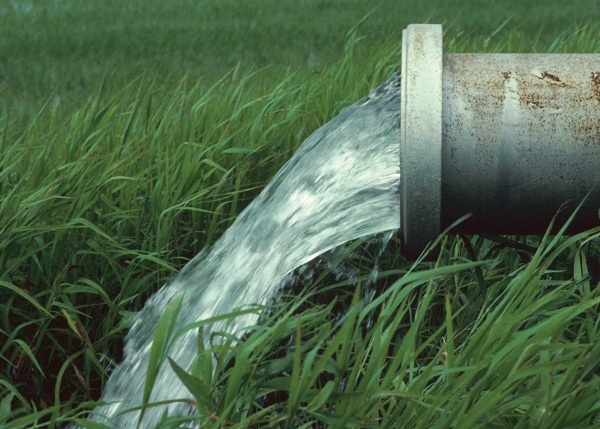
Rice farmers in Texas may find themselves without adequate water for a third year if Lower Colorado River Authority (LCRA) Directors decide to approve a staff request to seek emergency curtailment authority in 2014 from the Texas Commission on Environmental Quality (TCEQ).
That request would limit water releases to customers downriver, including rice farmers if combined storage at lakes Travis and Buchanan is below 1.1 million acre-feet on March 1 next year.
As of November 13, combined storage at the lakes stood at just below 728,500 acre-feet, or 36 percent of capacity.
The move to curtail water for another year is opposed by not only rice farmers but also environmental and wildlife groups who say another year of wetland reduction and reduced flows into environmentally sensitive Matagorda Bay could be devastating to water fowl that require rice fields and marine life in the bay.
Also of concern to groups opposed to additional water curtailments is what some are calling a lack of official notice of the latest LCRA emergency meeting. One individual, who asked to remain anonymous, claimed public comment on LCRA's proposed emergency request may not have provided ample opportunity for public comment.
LCRA officials say they have always encouraged public comment and say an emergency action to curtail water to users downriver is a difficult decision to make.
"These are some of the most difficult decisions in LCRA history," LCRA General Manager Becky Motal said. "Right now, this drought is so severe it's not possible for everyone to have all the water they want. We have to protect water for cities and industries, and unless it rains a lot in the next few months, that could mean farmers may be cut off for a third straight year."
Environmental concerns
In addition, environmental and wildlife advocates who oppose the curtailment of water flow from the Highland lakes say that failing to release water to flood rice fields and hamper fresh water inflows into the bay system creates a grave danger to wildlife in Texas.
Appearing before the board during last year's hearing involving curtailment, Todd Merendino, manager of conservation programs for the Ducks Unlimited Texas field office, testified before the Lower Colorado River Authority’s Water Operations Committee and briefed the group on the importance of coastal wetlands and the role they play in the state’s economy.
If you are enjoying reading this article, please check out Southwest Farm Press Daily and receive the latest news right to your inbox.
Citing a U.S. Fish and Wildlife Service report, he told the group that Texas leads the nation with the most hunters and anglers (2.6 million), the most money spent by sportsmen and women ($6.6 billion), the most jobs supported (106,000) and the highest tax revenue generated ($1.3 billion) each year by outdoor recreation in any state. He also told the LCRA Committee that wintering waterfowl represent a substantial segment of that revenue, and rice wetlands surrounding the Colorado River have traditionally offered up to 50,000 acres of prime habitat for migratory birds.
In addition, Merendino said a Texas AgriLife report shows that, on average, rice agriculture contributes $374.3 million and more than 3,300 jobs annually in Colorado, Wharton and Matagorda counties alone. Those numbers don't include rice farming's substantial contributions to the revenue and jobs generated from waterfowl hunting and other outdoor recreation in the state. Waterfowl hunting contributes $204 million to the Texas economy each year.
In addition to curtailing water to rice farmers, for the first time LCRA staff also is recommending that the LCRA Board require firm customers to limit homeowners and businesses to watering a maximum of once a week if combined storage is below 1.1 million acre-feet on March 1. Firm customers include cities in Central Texas, including Austin, that depend on water from the Highland Lakes.
The recommendation originally was to include a proposal that the LCRA board ask the state to curtail requirements that water be released from the Highland Lakes for the threatened blue sucker fish, but that suggestion was not in the final staff recommendation. LCRA officials say they may consider the issue of environmental requirements at its January meeting.
Also of interest:
Heavy fall rains delay LCRA emergency action
LCRA moves to restrict water to rice farmers in Texas Rice Belt
About the Author(s)
You May Also Like




